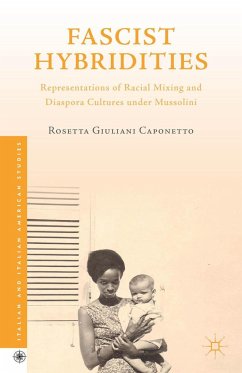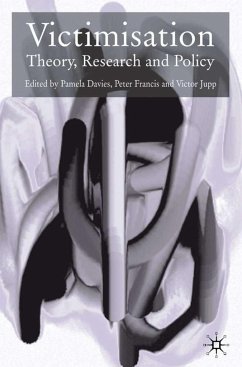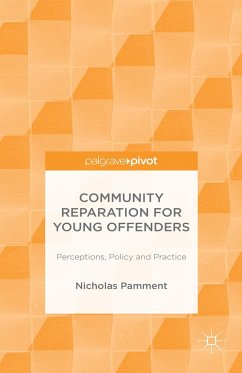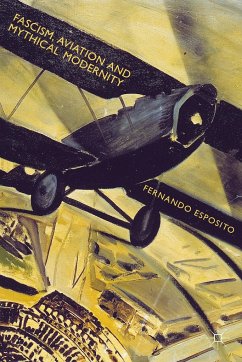
The Two Mafias
A Transatlantic History, 1888-2008

PAYBACK Punkte
53 °P sammeln!
A realistic understanding of the mafia must avoid depictions both of a monolithic organization and of localized, isolated groups. Here, renowned historian Salvatore Lupo analyzes the mafia as a network of varied relationships and institutions, the result of a complex cultural and social encounter that was shaped by multiple, diverse environments.














